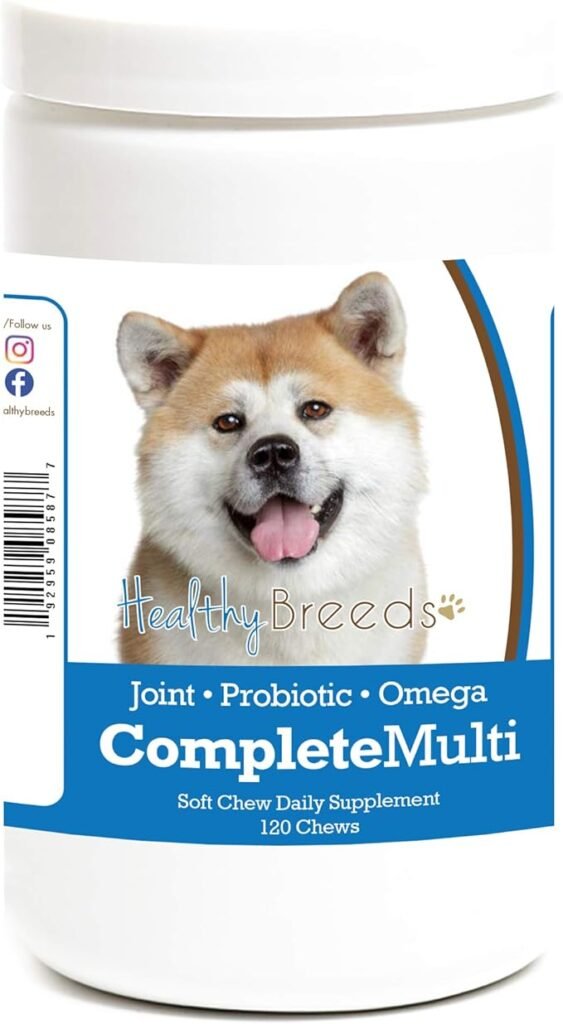Personality and Temperament
The Akita is a strong, loyal, and independent breed with a natural protective instinct. This dog is deeply devoted to its family but reserved or aloof toward strangers. Early training and socialization are essential to managing the Akita’s territorial tendencies and fostering a well-behaved companion. Akitas are known for their courage and confidence, making them excellent watchdogs and protectors.
Care and Grooming of the Akita
Akitas have a thick, double coat that sheds seasonally, requiring regular grooming to manage loose fur and prevent matting. During shedding seasons, frequent brushing is necessary to minimize fur accumulation around the home. Akitas are a fairly active breed and need daily exercise, such as walks or play sessions, to stay mentally and physically healthy. Although they thrive in colder climates due to their dense coat, Akitas are sensitive to heat, so owners should be mindful of hot weather.
In terms of training, Akitas can be somewhat independent and stubborn, which requires firm, consistent handling and early obedience training. Positive reinforcement techniques tend to work best with this intelligent but strong-willed breed. Akitas are also known to be clean dogs, often grooming themselves in a cat-like manner, and generally prefer a clean living space.
Health of the Akita
Akita dogs, like all breeds, benefit from a balanced diet that includes essential vitamins to support their overall health. Vitamins such as Vitamin A, D, E, and B-complex are crucial for maintaining healthy skin, coat, bones, and immune function. Vitamin C, though not essential in dogs because they can synthesize it on their own, may still provide antioxidant benefits. Omega-3 fatty acids, often found in fish oil supplements, can help reduce inflammation, support joint health, and maintain a shiny coat, which is particularly important for Akitas due to their thick double coat.
Consulting with a veterinarian to ensure the proper supplementation of vitamins, tailored to an Akita’s specific needs, can further enhance their health and prevent deficiencies, especially as they age.

Check Vitamin for Akita on Amazon
History and Background of the Akita
The Akita originated in Japan, where it was historically bred for hunting large game such as wild boar and bears. This breed also held a significant role as a protector of royalty and a symbol of strength, loyalty, and courage in Japanese culture. Known as the Akita Inu in Japan, it has been cherished for centuries, and even today, statues of the breed are given as tokens of good health and fortune.
The first Akita arrived in the United States in the 1930s, thanks to Helen Keller, who brought one back from Japan. Since then, the breed has steadily gained popularity in the U.S. and is now cherished for both its protective instincts and its deep loyalty to its family. The Akita is a national treasure in Japan and is recognized worldwide for its impressive stature, noble bearing, and historical significance.
Conclusion
The Akita is a loyal and protective breed with a rich history and unique temperament. Known for its courage and devotion to family, the Akita makes an excellent watchdog while still being a loving and affectionate companion. With proper care, grooming, and training, this breed will thrive in a home that understands its needs and characteristics.




